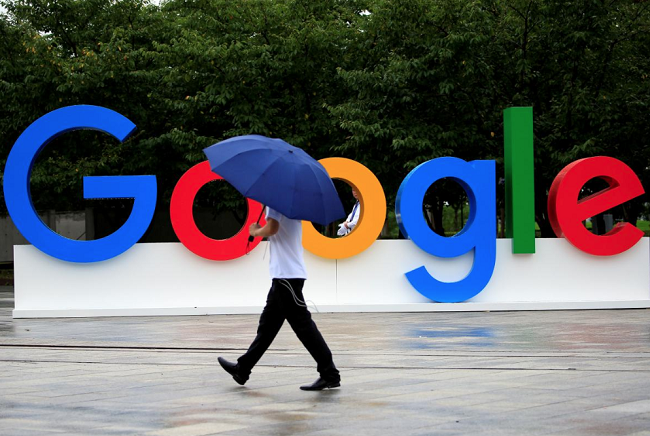U.S. Supreme Court justices, in an internet privacy case involving Google(GOOGL.O), disagreed on Wednesday over whether to rein in a form of settlement in class action lawsuits that awards money to charities and other third parties instead of to people affected by the alleged wrongdoing.

The $8.5 million Google settlement was challenged by an official at a Washington-based conservative think tank, and some of the court’s conservative justices during an hour of arguments in the case shared his concerns about potential abuses in these awards, including excessive fees going to plaintiffs’ lawyers.
Some of the liberal justices emphasized that such settlements can funnel money to good use in instances in which dividing the money among large numbers of plaintiffs would result in negligible per-person payments. Conservatives hold a 5-4 majority on the high court.
The case began when a California resident named Paloma Gaos filed a proposed class action lawsuit in 2010 in San Jose federal court claiming Google’s search protocols violated federal privacy law by disclosing users’ search terms to other websites. Google is part of Alphabet Inc.
A lower court upheld the settlement the company agreed to pay in 2013 to resolve the claims.
The $8.5 million Google settlement was challenged by an official at a Washington-based conservative think tank, and some of the court’s conservative justices during an hour of arguments in the case shared his concerns about potential abuses in these awards, including excessive fees going to plaintiffs’ lawyers.
Some of the liberal justices emphasized that such settlements can funnel money to good use in instances in which dividing the money among large numbers of plaintiffs would result in negligible per-person payments. Conservatives hold a 5-4 majority on the high court.
The case began when a California resident named Paloma Gaos filed a proposed class action lawsuit in 2010 in San Jose federal court claiming Google’s search protocols violated federal privacy law by disclosing users’ search terms to other websites. Google is part of Alphabet Inc.
A lower court upheld the settlement the company agreed to pay in 2013 to resolve the claims.
‘A SENSIBLE SYSTEM’
Conservative Justice Samuel Alito raised concerns that the money would go to groups that some plaintiffs might not like but have no say in opposing, asking how that can be a “sensible system.”
Chief Justice John Roberts, another conservative, noted that AARP engages in political activity, an issue that the Google deal’s opponents, led by Ted Frank, director of litigation for the Competitive Enterprise Institute, had raised.
Google has called Frank a “professional objector.”
Roberts also said it was “fishy” that settlement money could be directed to institutions to which Google already was a donor. Some beneficiary institutions also were the alma mater of lawyers involved in the case, conservative Justice Brett Kavanaugh noted.
Liberal Justice Ruth Bader Ginsburg told Frank, who argued the case on Wednesday, that at least the plaintiffs get an “indirect benefit” from the settlement.
“It seems like the system is working,” added Justice Sonia Sotomayor, another liberal.
During the arguments, several justices, both liberal and conservative, wondered whether the plaintiffs had suffered harm through their internet searches sufficient to justify suing in federal court, signaling they may dismiss the case rather than deciding the fate of cy pres settlements.
In endorsing the Google settlement last year, the San Francisco-based 9th U.S. Circuit Court of Appeals said each of the 129 million U.S. Google users who theoretically could have claimed part of it would have received “a paltry 4 cents in recovery.”
(Published by Reuters, October 31, 2018)